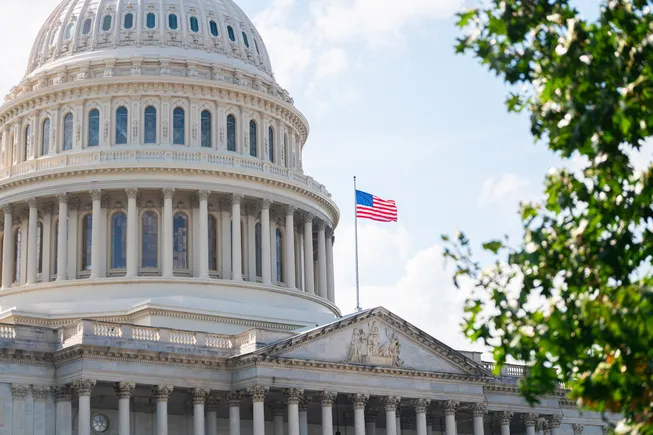House Republicans Pass Controversial Budget Bill Affecting Clean Energy
In a narrow victory, House Republicans passed a budget bill on Thursday that could significantly impact the clean energy sector. This legislation aims to curtail federal support for industries such as wind, solar, and energy storage.
Key Provisions and Implications
The newly passed bill seeks to end most technology-neutral clean energy tax credits for projects initiated after 2028, with a narrow window for construction commencement. The bill also imposes stricter restrictions on foreign participation in clean energy projects, which analysts from Jeffries describe as creating a “truly untenable” situation for developers. However, nuclear projects are afforded more time to qualify for these credits.
As the bill moves to the Senate, there is a substantial expectation of modifications, with some Republican senators advocating for significant amendments. The process of reconciling differences between the House and Senate versions remains a pivotal challenge.
Impact on Tax Credits and Foreign Involvement
The bill discontinues the 48E investment and 45Y production tax credits for clean energy projects, excluding nuclear, that commence post-2028. This change comes without a phaseout period, demanding that eligible projects begin construction within 60 days of the bill’s enactment. The previous version of the bill offered a more gradual reduction in credit value and did not impose immediate construction requirements, allowing developers to navigate lengthy grid interconnection processes.
Additionally, the bill tightens restrictions on foreign involvement, specifically targeting “foreign entities of concern” such as China, which is integral to the clean energy supply chain.
Effect on Nuclear and Residential Solar Sectors
Despite its broader impacts, the bill extends tax credit eligibility for nuclear projects and maintains transferability for these projects. This includes advanced nuclear projects and power uprates of existing reactors that start construction by 2028, as well as a production credit for existing nuclear plants through 2031. However, the practical benefits of these provisions for projects like planned reactor restarts remain uncertain.
In another notable change, the bill targets the residential solar sector by leveling the playing field between customer-owned and leased installations. “This short-lived advantage to [residential solar leases] was seemingly corrected,” commented Jeffries, resulting in a 40% drop in Sunrun’s shares on Thursday.
Reactions from Clean Energy Advocates
Trade groups and clean energy advocates have expressed strong opposition to the bill, warning of its potential to harm the U.S. manufacturing boom and destabilize the electric grid. The Solar Energy Industries Association stated, “This unworkable legislation is willfully ignorant of the fact that deploying solar and storage is the only way the U.S. power grid can meet the demand of American consumers, businesses and innovation.”
Heather O’Neill, President and CEO of Advanced Energy United, criticized the bill for dismantling bipartisan tax policies that have fueled private investment in affordable, reliable energy, adding that it could lead to higher electricity prices and job losses. According to the American Clean Energy Association, more than 800 facilities form part of the U.S. clean energy supply chain, with the majority located in Republican states.
Original Story at www.utilitydive.com
